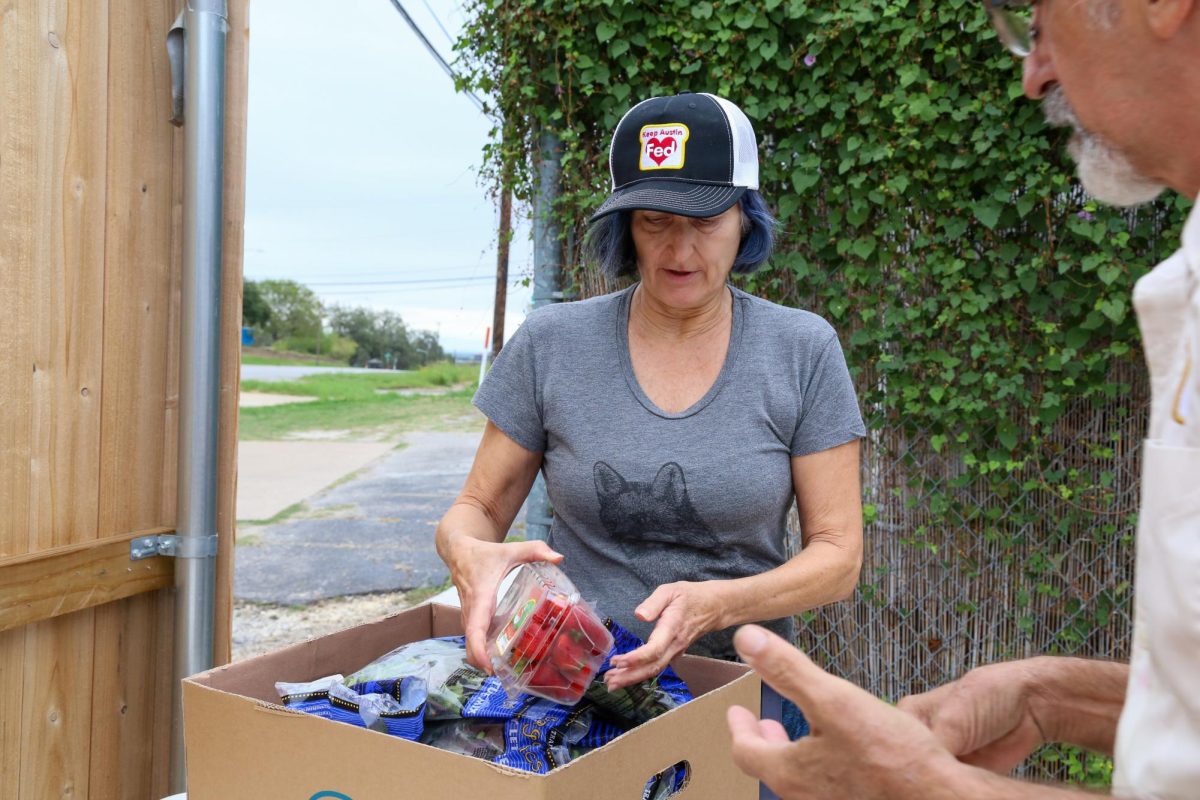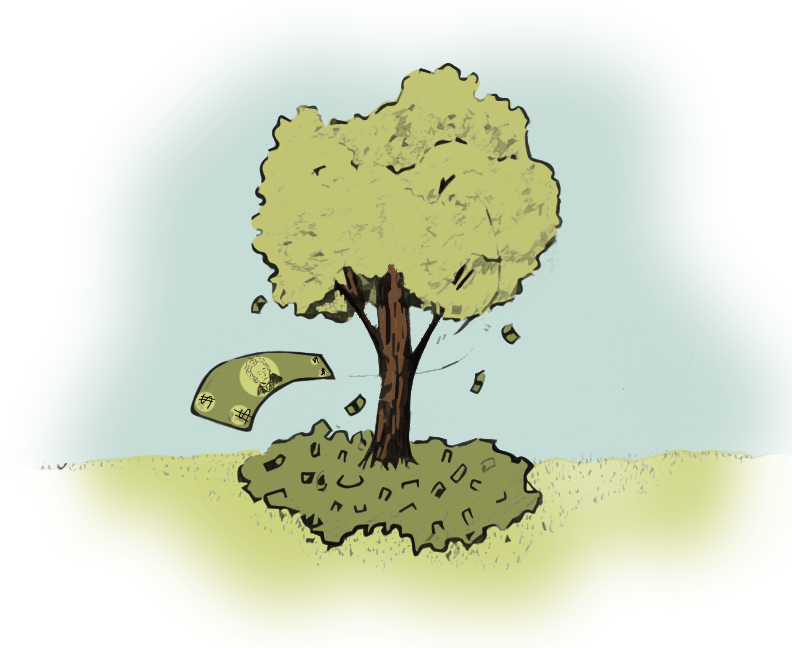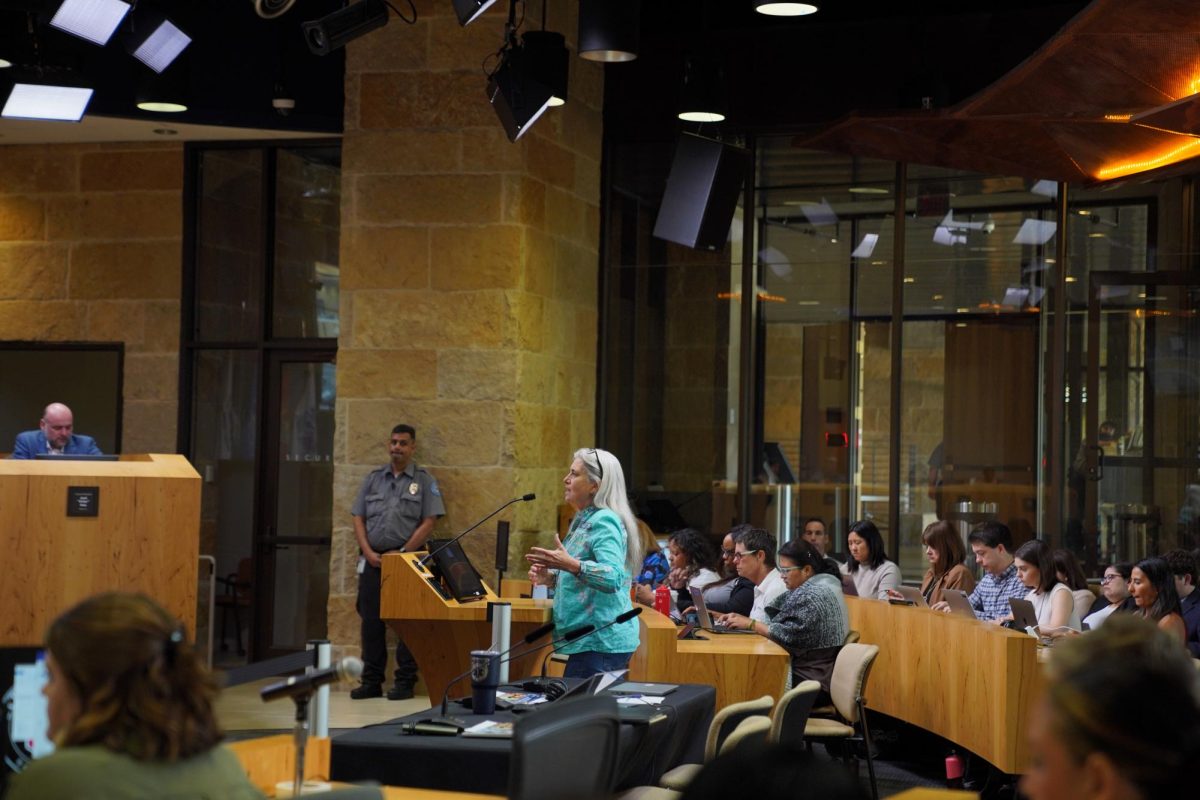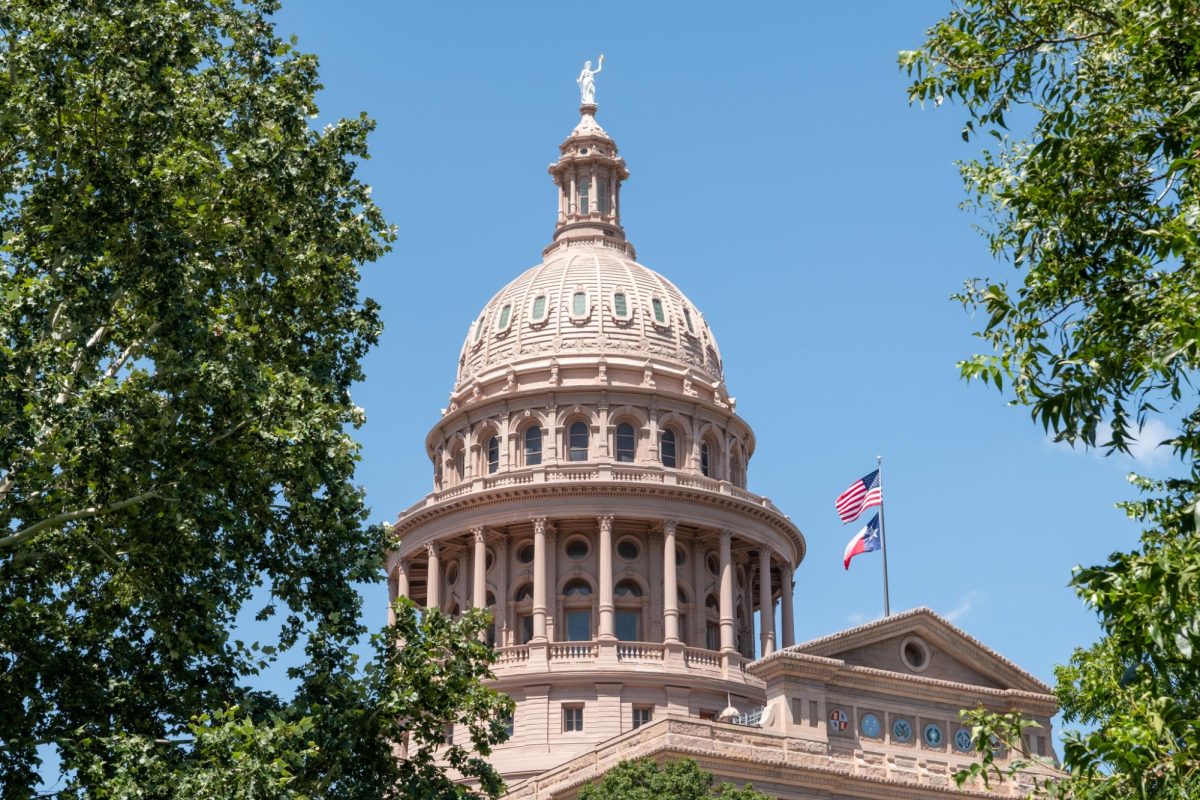The city of Austin awarded mini-grants to 26 local organizations late last month to support their capacity to prepare for, respond to and recover from shocks and stresses, according to a Sept. 25 press release.
The mini-grants are part of a pilot program launched by the city’s Office of Resilience, which formed in April 2022.
The Sunrise Homeless Navigation Center, the largest provider of unhoused services in Travis County, was one of the organizations awarded a mini-grant by the city. Founder and executive director Mark Hilbelink said the organization has partnered with the city on multiple occasions and gets about half of its income through city contracts.
“When COVID hit, it really changed the face of homelessness in Austin,” Hilbelink said. “It shifted it from being centered around a small group of large agencies to really being driven by faith-based and mutual aid groups that were all over town.”
The center’s offerings include a day center, digital service hotline, mobile outreach program and wellness program, which allows it to “reach people pretty much wherever they are if they’re experiencing homelessness,” Hilbelink said.
“Our ability to bring humanitarian aid, especially to those folks, is really important because a lot of folks see Sunrise’s hub as their core platform for being able to make their journey back towards a sustainable way of living,” Hilbelink said.
Sabrina Sha, development and operations manager of Asian Texans for Justice, said the mini-grant their organization received shows promise that the city cares about investing in education about the Asian American and Pacific Islander community.
“We get a lot of grants through other AAPI-serving organizations or APA-serving foundations,” Sha said. “This is really our first government grant or grant that’s been affiliated with a city.”
Sha said Asian Texans for Justice will use the money from the grant to continue developing the curriculum for an Asian American studies elective course currently being piloted at Round Rock High School.
“It’s really awesome that (the city) wanted to invest in this program because this is not just a one-off course,” Sha said. “At the end of this pilot, we hope to bring this pilot to other schools across Texas.”
Tanya Walker, founder of Black Women Who, said she was surprised when she learned her organization received the mini-grant. Walker created Black Women Who in 2018 after observing a lack of representation in the kayaking community. The organization has since expanded to include other outdoor activities and has nine chapters nationwide.
The organization’s resilience grant money will be divided equally among the organization’s chapters to fund events, Walker said. Upcoming Austin events include tree planting and a Lady Bird Lake clean-up.
“We educate, we empower, we inspire women to help them to understand why it is so important to protect our land and our water conservation,” Walker said. “A part of that education is also letting them know that it doesn’t matter what color you are, we all need to work at it together.”
Keep Austin Fed collects surplus food from food-permitted businesses and redistributes it to individuals experiencing food insecurity. Executive director Lisa Barden said the organization will use the grant to strengthen its infrastructure, namely, the cooler in which food is stored before redistribution.
“We are hoping to provide some backup power for that cooler because we want to make sure that if there’s another grid failure that we will still keep our food safe,” Barden said.
Resilience fellow Theodore Chung, who managed the mini-grant program, said the program helped the city better understand community needs and allowed it to provide resources directly and quickly to the community.
“A lot of these organizations had a variety of different roles and functions, and their programs were also varied,” Chung said. “Resilience means building a community.”
Editor’s note: A previous version of this story said that the mini-grant program “bypass(ed) a much longer city council approval process,” however this is incorrect and has been removed from the story. The Texan regrets this error.















